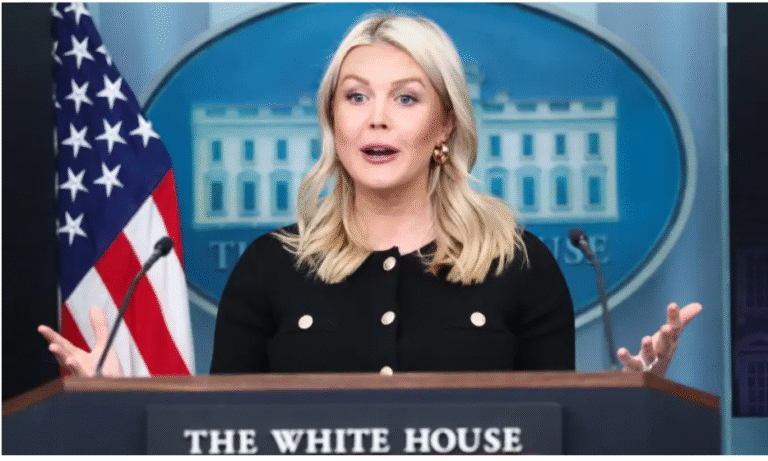
Trump’s Travel Ban May Restrict Afghans, Pakistanis
A fresh travel ban under President Donald Trump’s administration could soon prevent people from Afghanistan and Pakistan from entering the United States, potentially going into effect next week. This decision is based on a government review assessing security and vetting risks in different countries, according to three sources familiar with the matter.
These sources, who spoke on the condition of anonymity, stated that other countries might also be included in the ban, though they were unsure which ones.
This move is reminiscent of the controversial travel restrictions imposed by Trump during his first term, which initially targeted seven Muslim-majority countries. That policy underwent several revisions before being upheld by the US Supreme Court in 2018.
Trump’s successor, Joe Biden, had revoked the ban in 2021, calling it a “stain on our national conscience.”
The latest ban could impact tens of thousands of Afghans who were previously cleared for resettlement in the US under refugee programs or Special Immigrant Visas. These individuals, who assisted the US military during the 20-year war in Afghanistan, face serious threats from the Taliban.
Trump issued an executive order on January 20, tightening security screenings for foreign travelers to identify potential national security threats. Under this order, several government agencies were instructed to submit a list of countries by March 12 that should face full or partial travel suspensions due to insufficient vetting procedures.
According to sources, Afghanistan is expected to be on this list for a complete travel ban, while Pakistan is also likely to be included.
The US State Department, Department of Justice, Department of Homeland Security, and Office of the Director of National Intelligence have yet to comment on the matter.
One source emphasized that Afghans approved for resettlement in the US undergo rigorous security checks, making them “one of the most highly vetted populations in the world.” The State Department’s resettlement office is reportedly pushing for an exemption for Special Immigrant Visa holders, but approval is uncertain.
Trump’s directive is part of a broader immigration crackdown introduced early in his second term. In an October 2023 speech, he hinted at restricting travel from regions including Gaza, Libya, Somalia, Syria, Yemen, and any country considered a security threat.
Shawn VanDiver, the head of #AfghanEvac—a coalition working with the US government to assist Afghan evacuations and resettlements—advised those with valid US visas to travel immediately if possible.
“Although no official announcement has been made, multiple government sources suggest the new travel restrictions could be implemented within the next week,” he stated, warning that Afghan visa holders awaiting relocation could face major delays.
Currently, around 200,000 Afghans have been approved for US resettlement or have pending applications under refugee and special visa programs. Many of them remain stranded in Afghanistan and nearly 90 other countries, including approximately 20,000 in Pakistan.
These individuals have faced prolonged uncertainty since January 20, when Trump ordered a 90-day suspension on refugee admissions and foreign aid funding that would have covered their travel expenses.




